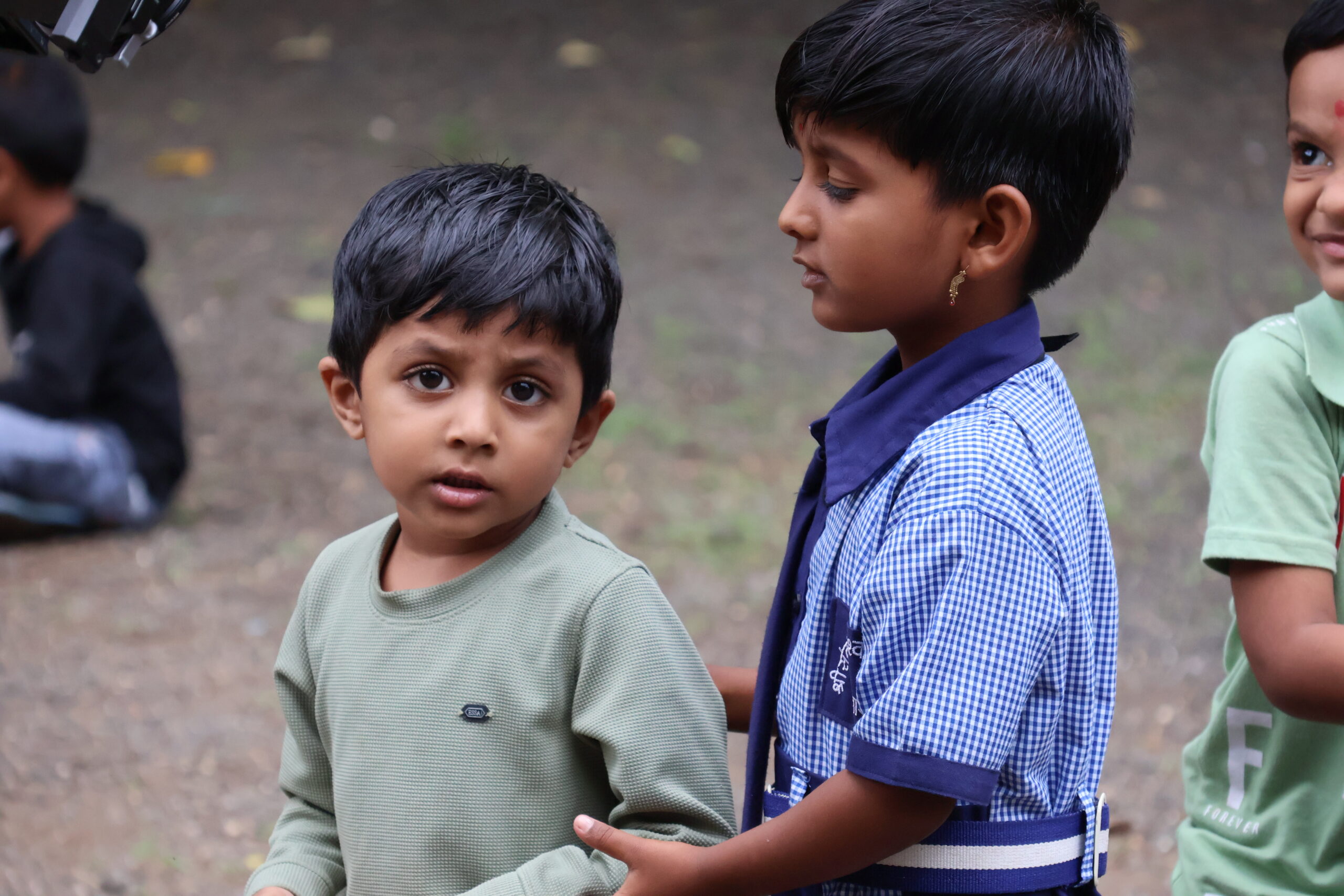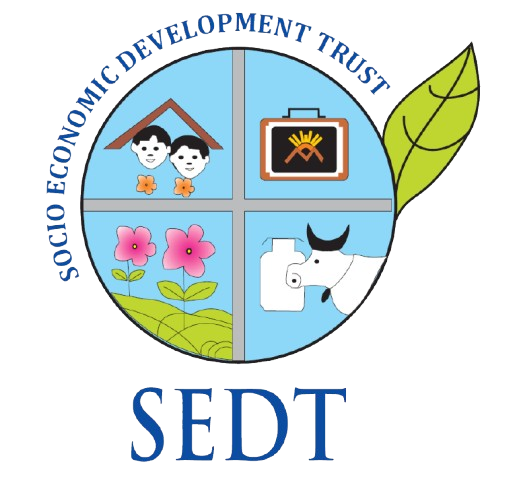Make a Donation ❤️
Scan to Complete Donation

Account Name: ABC Foundation
Account No.: 1234567890
IFSC: HDFC0001234
Amount:
Thank You!
Shree Sant Dnyaneshwar Vidyalaya, Kerwadi
- Home
- Shree Sant Dnyaneshwar Vidyalaya, Kerwadi
About Shree Sant Dnyaneshwar Vidyalaya
In 2006, SEDT established Shree Sant Dnyaneshwar Vidyalaya at its Kerwadi campus with a simple goal to provide quality education and all-round development for children from nearby rural areas.
The school has now grown up to Class VII, with 340 students and 11 dedicated teachers. A retired Special Education Officer guides and supervises the school to ensure that learning stays effective, joyful, and inclusive.
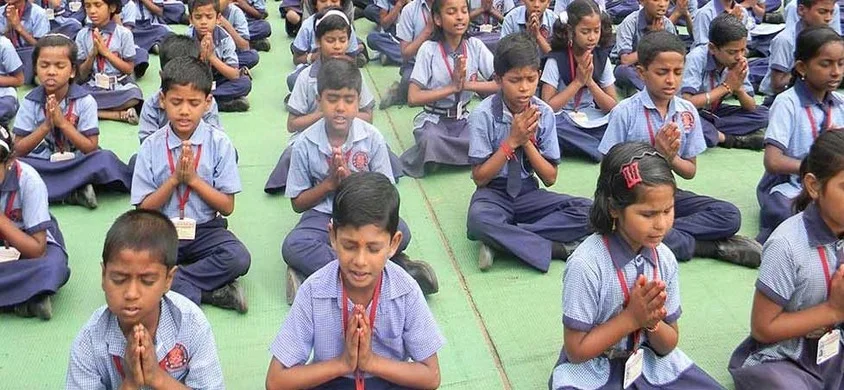
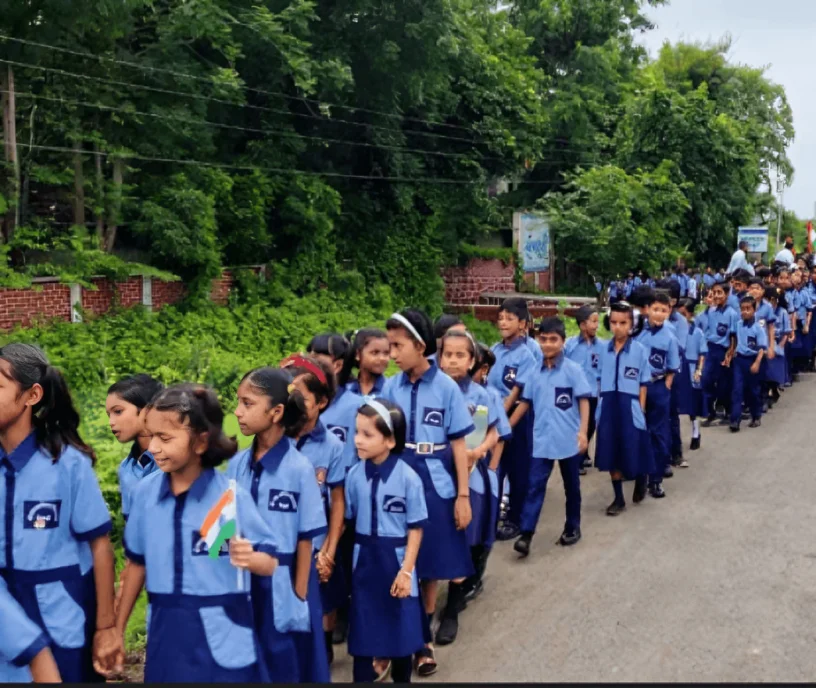
Our Aim
To offer the best quality education to children from Kerwadi and nearby villages, helping them learn, grow, and dream of a brighter future.
Our Approach
At Shree Sant Dnyaneshwar Vidyalaya, we believe learning should go beyond textbooks. Our teaching approach is experience-based and practical, allowing children to explore and understand the world around them.
Every day begins with newspaper reading and a thought for the day, helping children stay informed and positive. Activities like tree plantation, computer learning, art, and competitions make learning interactive and fun.
We regularly organize educational visits and exposure trips to places like post offices, banks, flour mills, police stations, and yarn mills. These experiences help students connect what they learn in the classroom with real life. We also invite industry experts and professionals to share their knowledge with students, giving them insights into how their learning applies in the real world.
Our Intervention
Kerwadi and the surrounding areas in Parbhani district have some of the lowest literacy rates in India. Many families here have limited access to education, which affects their social and economic progress.
Through Shree Sant Dnyaneshwar Vidyalaya, SEDT is working to break this cycle of poverty through education. By providing a nurturing and inspiring learning environment, we help children realise that education is the key to a better, more confident, and self-reliant future.
We believe that every child, no matter where they come from, deserves the chance to learn, grow, and shine. Shree Sant Dnyaneshwar Vidyalaya has won the award “Mazi Shala Sundar Shala” consecutively for 2 years.

Education Department, Govt of Maharashtra launched “Majhi Shala, Sundar Shala” scheme, on December 5, 2023, was aimed at modernisation, beautifying and ensuring all-round development of the government-run schools as Phase I and in the next year as Phase II.
Shree Sant Dnyaneshwar Vidyalaya have participated in both the phases. In the first phase we stand first in the district and got first prize of Rs. 11 Lakhs.
In the second phase, we again stand first in the district and third in the Chhatrapati Sambhajinagar division and also received third prize at divisional level of Rs. 11 Lakhs.
Other Campaigns
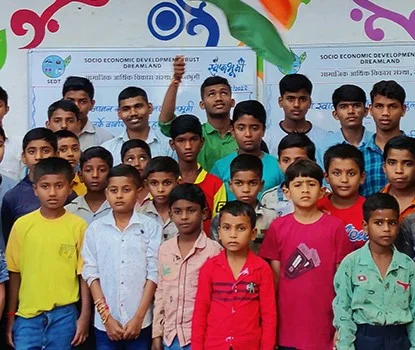
Swapnabhoomi - Dreamland
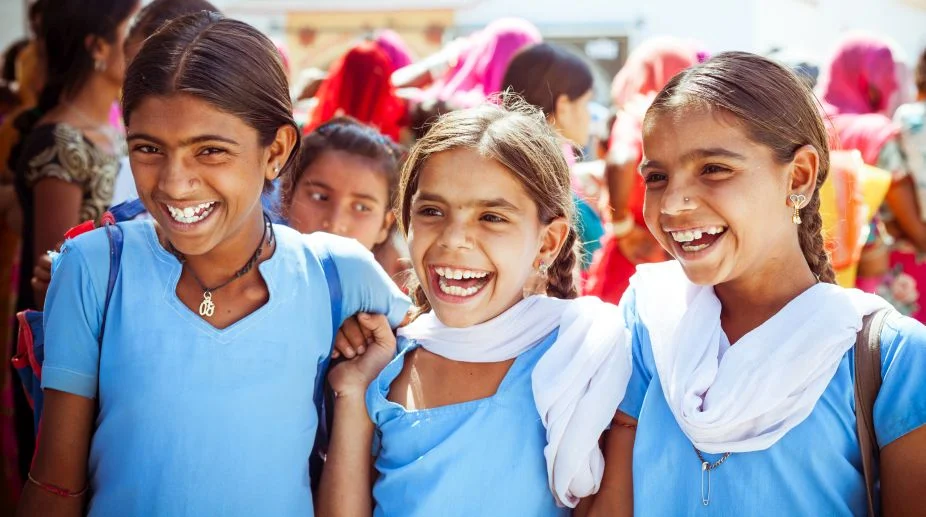
Kishori Vikas - Empowerment of Adolescent Girls
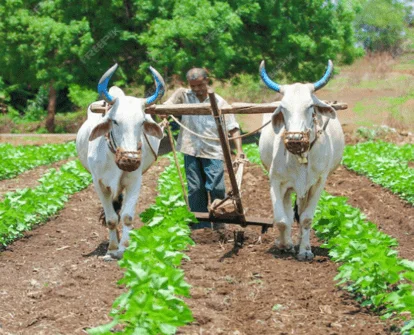
Affordable Farming
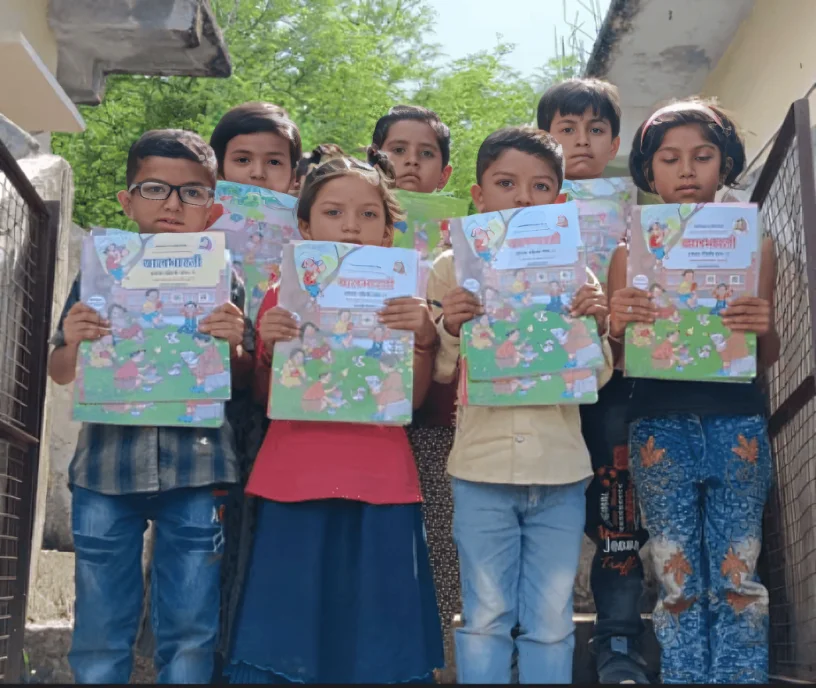
Bal Panchayat (Children’s Council)
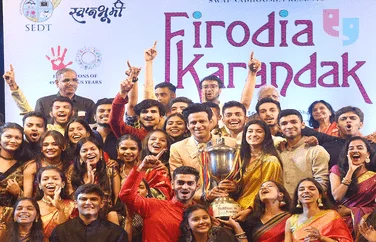
Firodia Karandak
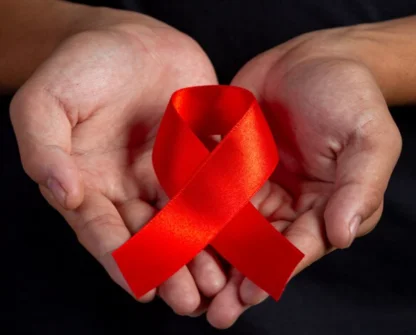
HIV/AIDS Targeted Interventions

Women Empowerment
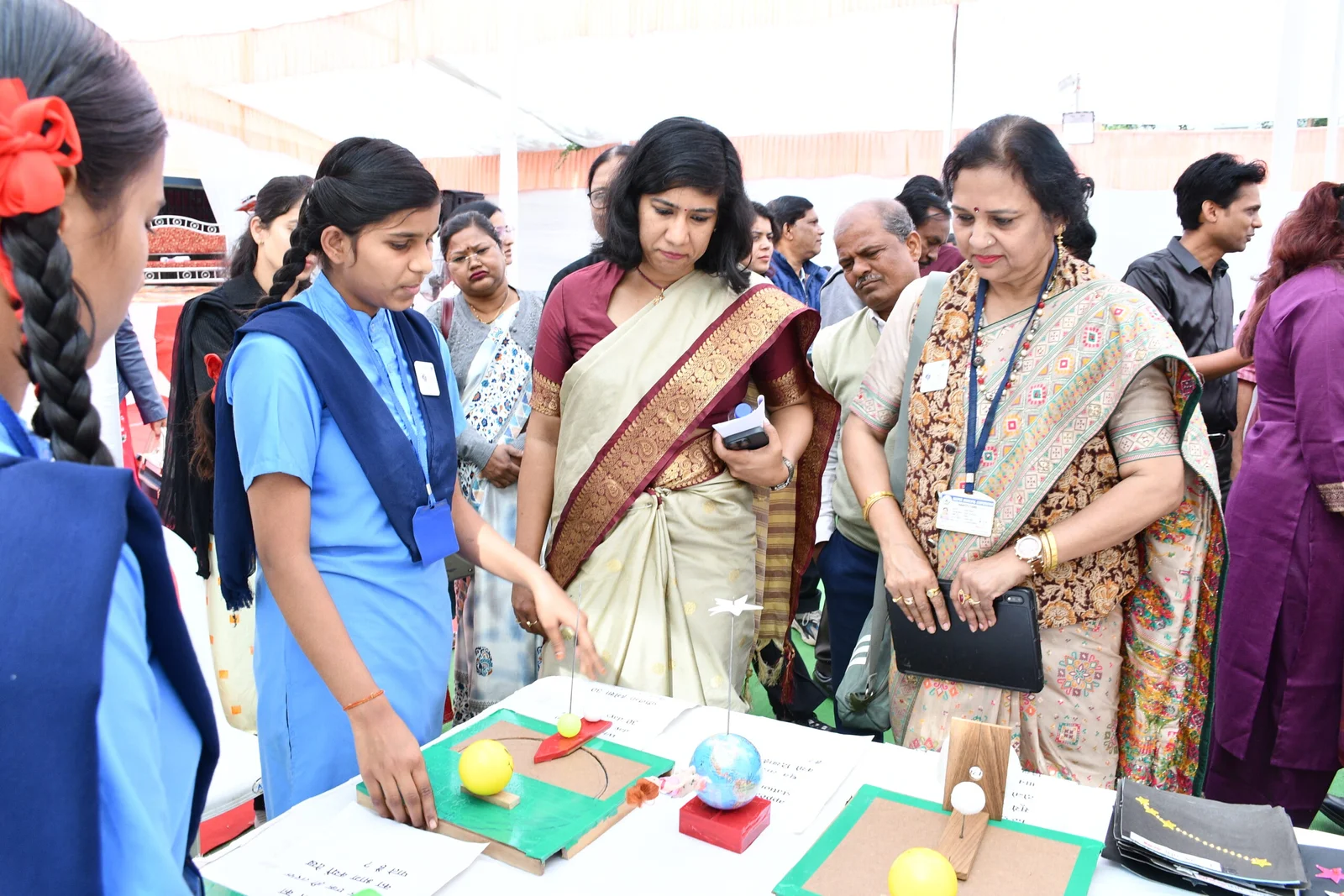
Young Kalam Discovery Science Center
